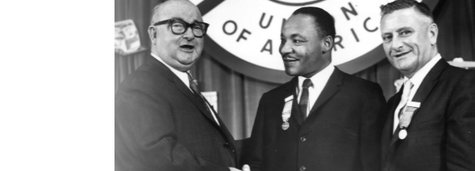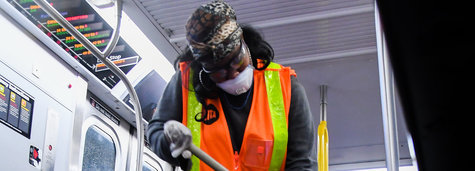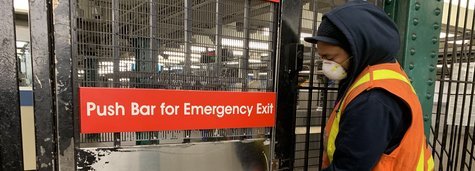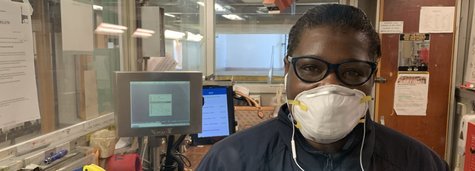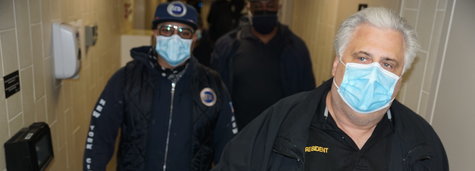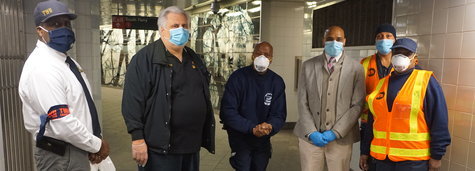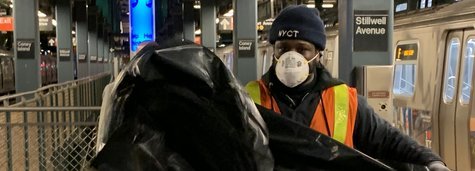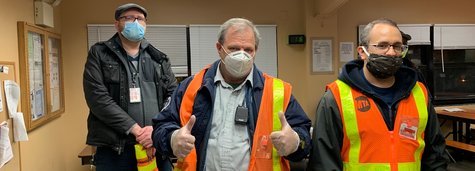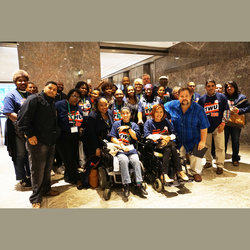MTA Call Center Contract Grants Major Raises and Job Security
“GCS no longer can run roughshod over GCS workers,” Samuelsen said. “We’ve not only secured vastly improved wages for our brothers and sisters but also a mechanism to defend their right to be treated fairly and with respect.”
Local 100’s coordinated, multi-front campaign to nail down a contract began in 2014. It included putting a public spotlight on GCS’s brazen mistreatment of workers. The union convinced The New York Times, The Daily News and other media outfits to report on the paltry pay, bug-infested working conditions and out-of-control firings at the call center.
Local 100 filed a discrimination lawsuit against GCS and unfair labor charges with the National Labor Relations board. Current and fired call center workers repeatedly brought their complaints – and pleas for help – to the MTA board. And Samuelsen let the MTA board and GCS know that Local 100 was prepared to strike.
The agitation and actions prompted NYC Transit and the MTA Inspector General’s Office to launch separate investigations of GCS operations. One board member vowed to seek termination of GCS contract if it didn’t clean up its act. “We put a lot of pressure on GCS and forced them to the negotiating table,” Frank McCann, Local 100’s senior director of organizing, said. “It was a textbook campaign.”
Local 100 won the right to represent call center workers in 2014 after a heated contest against two other unions and GCS antagonistic management. The company is headquartered in Salisbury, N.C., about 50 miles north of Charlotte. Alcorn has touted his company’s success at keeping GCS union-free. Days before the election, he jetted to NYC to urge workers to reject unionization. TWU countered with literature that declared that “$11.00 an hour may be a living wage in North Carolina, but it’s not a living wage in New York City.”
The union also emphasized that the workers perform a vital service to New York’s disabled and elderly communities, the main users of Access-a-Ride services, and that they were not being compensated properly for this work.

